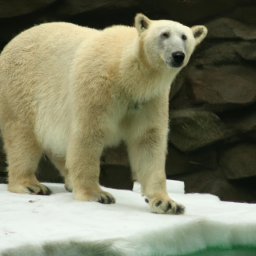324
Newsletter
Subscribe to our newsletter for exclusive content, latest news and trends, and exciting new features.
Tranding
Categories
Education and learningEnvironment and sustainabilityPets and animalsTravel and tourism
EntertainmentHealth and wellnessArts and cultureSports and fitnessGaming and esportsTechnologyScience and natureMusic and EntertainmentBeauty and personal careBusiness and entrepreneurshipHome and gardenLifestyleLiterature and writingFood and cooking


















Comments
Leave a Comment